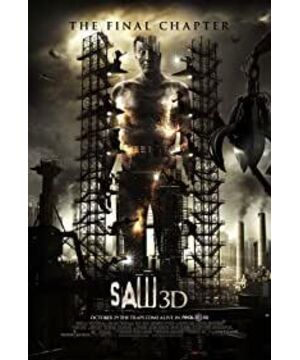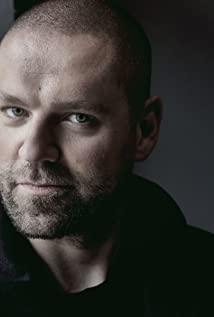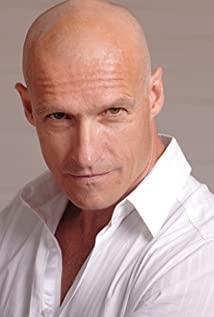Chainsaw taught a total of 5 people, excluding Jill and Gordon who were not important, and talked about the concepts derived from John, Amanda and Hoffman, and some of my views on this series.
I don't pay much attention to the level of gore and killing machines, so every time I see a new way to die, I will replace it with a "wow". What really fascinates me is the climax after each foreshadowing, the subsequent patchwork of the screenwriter and director, and the thinking about the values or way of thinking that the chainsaw represents.
In order to explain this film more clearly, I will use the "Death Note" I watched when I was young as a reference to compare the ultimate concepts of the two that seem to be the same but are actually quite different.
In the early stage of "Death Note", those who were exempted by the law by exploiting various loopholes were sanctioned. All those who accepted the "death penalty" had little to do with the protagonist Yagami Yue. It is a random sanction, or a more universal form of sanction. But "Saw" is different. From the first to the seventh, the deceased are all kinds, and the standards for their trials are not clear enough or even untenable. More importantly, most of them are directly related to John. So in a sense: it cannot be called punishing evil and eliminating evil, but more of imposing one's own values on the opponent. Therefore, the layout of "Saw" is not that big, to be precise: it is a level higher than pure revenge.
If John had clear rules, then Amanda and Hoffman were obviously indiscriminate. What's more, John's own rules are also problematic. He emphasized many times: "I didn't kill a person. I hate executioners. They want to redeem themselves." But obviously, most games are not designed to reflect this, on the contrary it is a zero-sum game. One is that NPCs in the game do not have the right to save themselves, and they can only place their hope of survival on the players participating in the game; the other is that among multiple game participants, there must be a knockout. And John was able to say that because he blamed other people's deaths on choice or other participants. This is obviously ridiculous.
Unlike John, Amanda not only kills innocent people indiscriminately, but more importantly, she doesn't play by the rules of the game. Whether it was Adam's or Carey's death, her actions have gone against the flawed John spirit. So for the next few installments, all I was looking forward to was Amanda and Hoffman getting sanctioned. In comparison, John's image suddenly grew taller. When it came to Hoffman, his spirit was a direct departure from John. But its performance still brought me wonderful sixth and seventh.
So a brief summary: The so-called John spirit is actually unsupportable, not only because its successors deviate one after another, but more importantly, its starting point itself is revenge. But it can't be limited to revenge, because in the series, it does continue to sublimate the theme and deify John.
Death Note's thematic departure begins with the indiscriminate killing of innocents, and so does Saw. When countless conscientious police officers fall, what I hope more is the demise of the chainsaws. If you say when the pattern goes a step further, and its execution is a little more restrained, although it is not true, it has the so-called "chainsaw spirit".
In fact, if you bring yourself into the perspective of the victim, the chainsaws should be played a game. After all, why should the third part be forgiven? Why is the fourth part so calm? and so on. It is very stupid to be forced to export a value. Who among those who have been saved has gained a new life?
However, if there's a new one, I'll watch it again. Just like the three points I said at the beginning, I can still fight.
finally.
Hi John (Amanda, Hoffman).
For some time in the past, you have robbed them of their God-given life under the guise of redemption.
And take pleasure in yourself and enjoy the dual pleasures of torture and rescue. You put your own ideas above other people's lives, and thus bring unnecessary sacrifices.
Now, I want to play a game with you.
...
View more about Saw: The Final Chapter reviews











